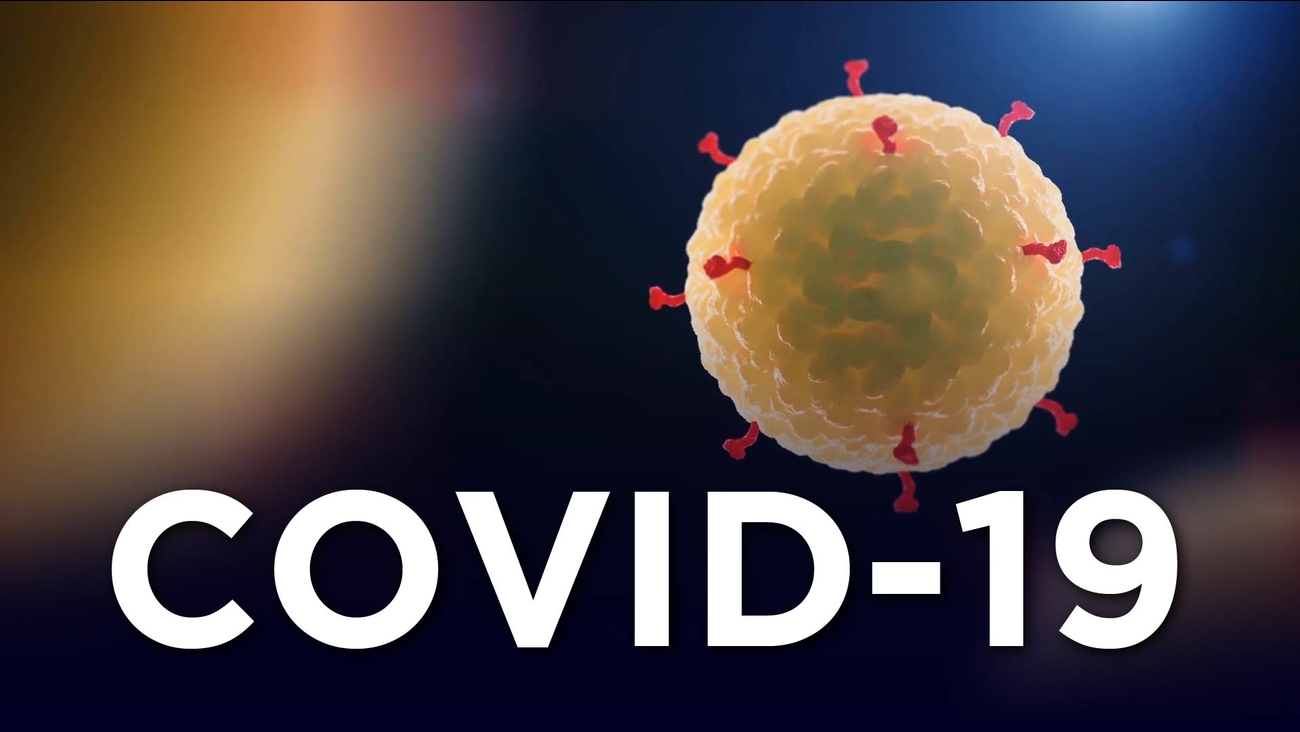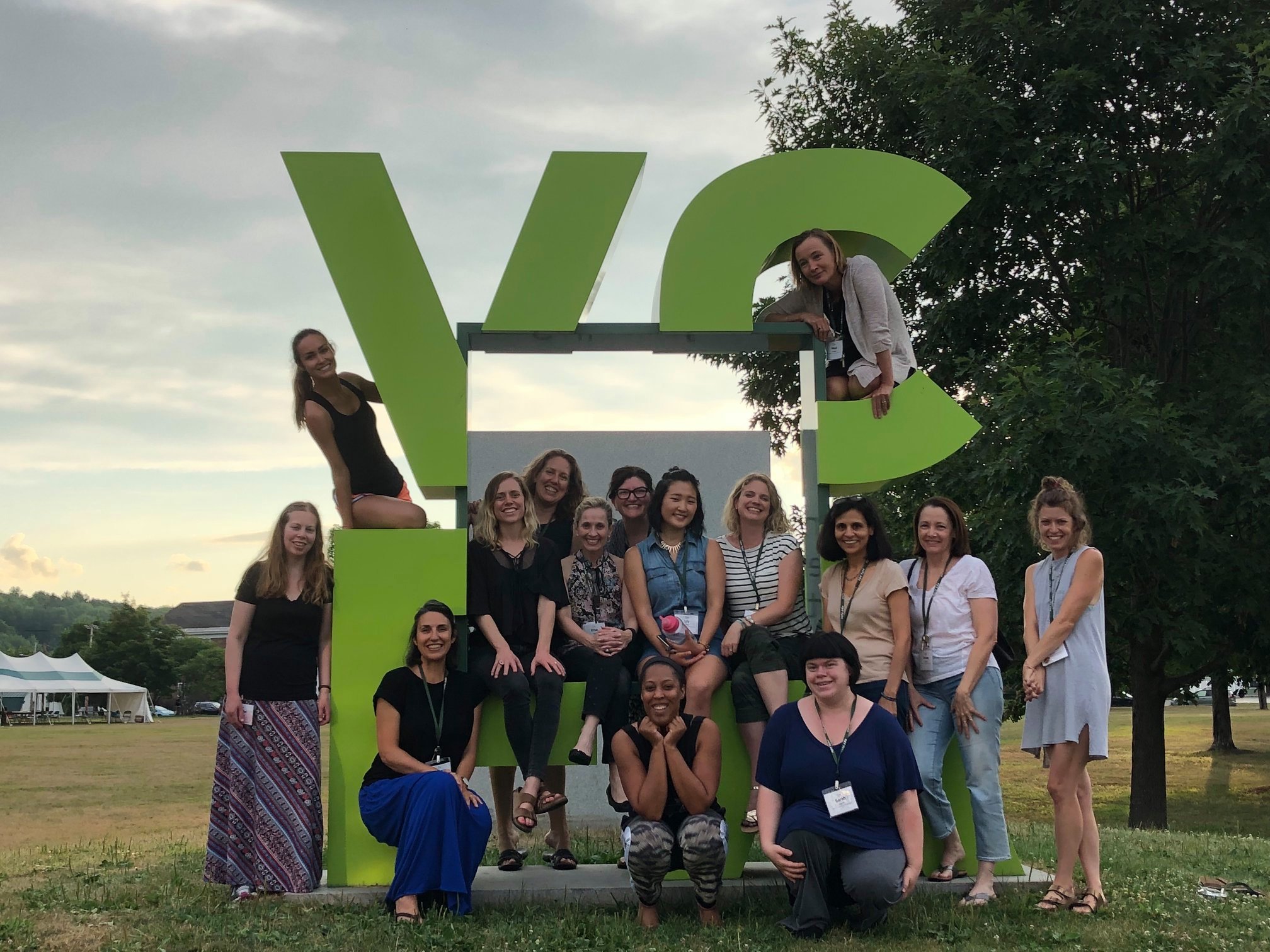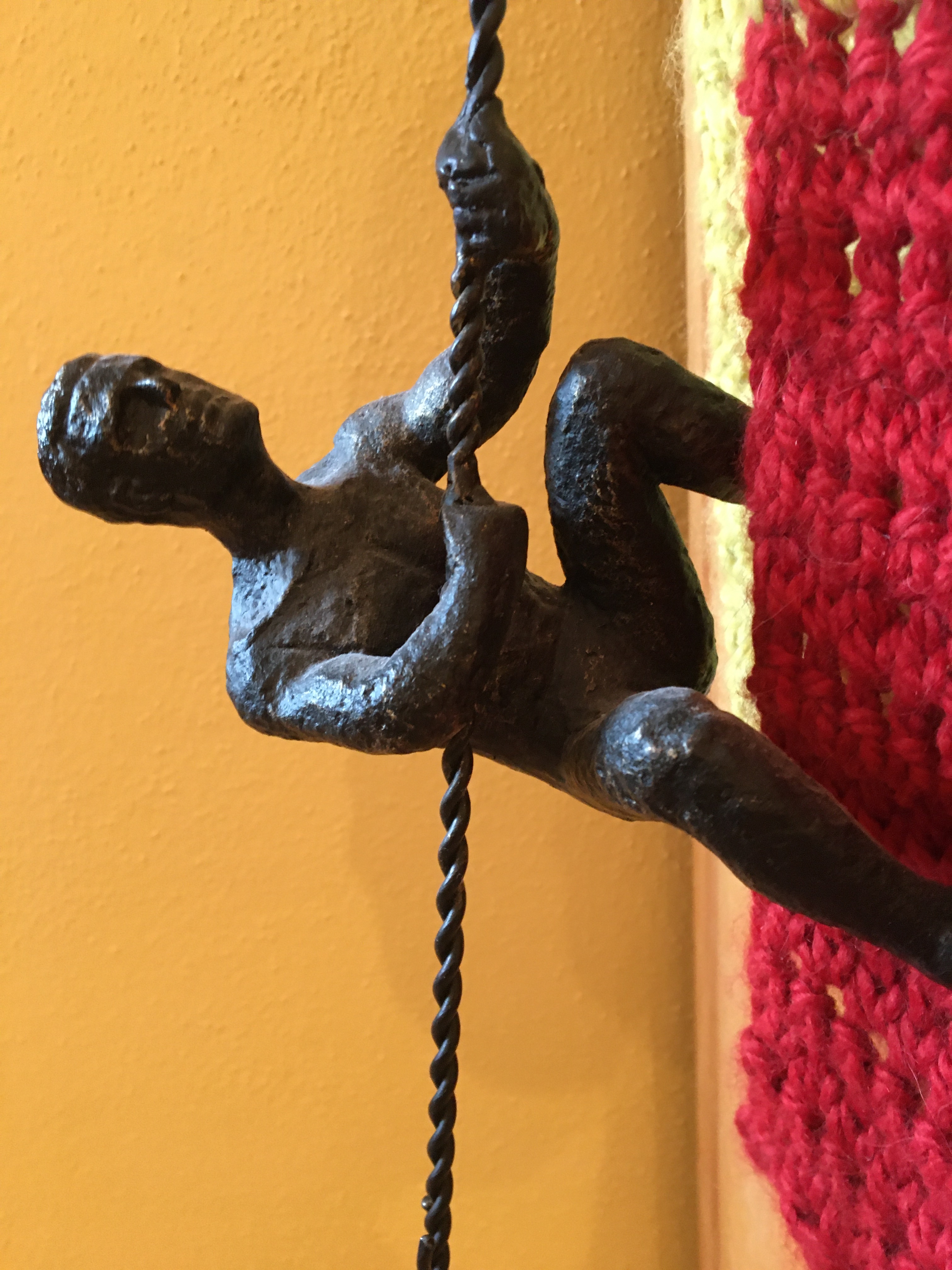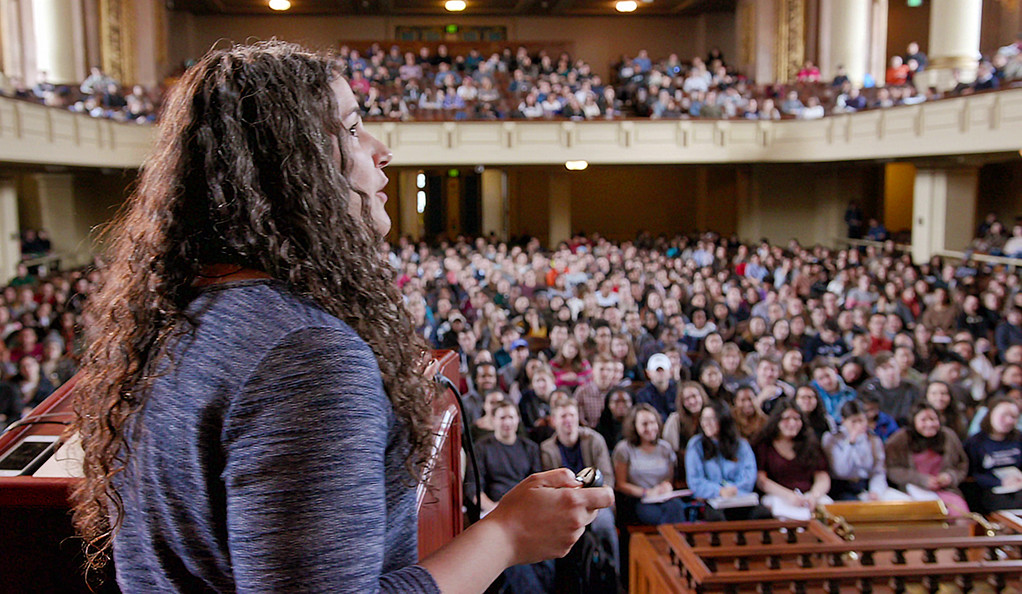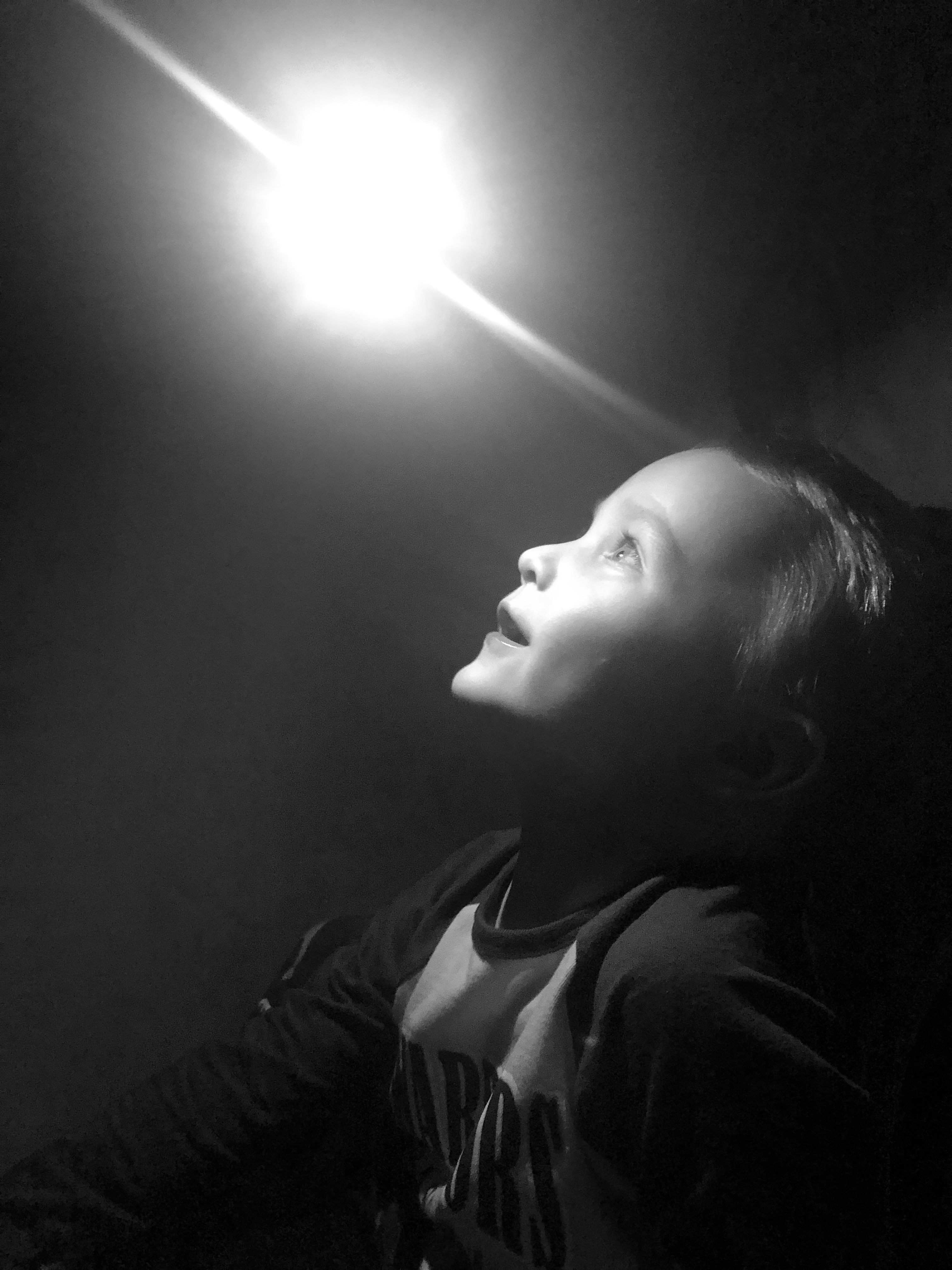Dear Potential Victims —
No, sorry, too abrupt. Let me try again:
Dear Conducive Bodies —
Um, that’s not it, either. Although accurate, it’s too clinical. This is challenging. Hmm . . . Oh, I know! Dear Lovely Humans! Yes, that’s it — not too hot, not too cold, juuuust right.
Dear Lovely Humans,
I know that some of you have steadfastly downplayed me and my impact, and I’d like to take this opportunity to thank you for your denial. You went to the beach and got drunk and said really intelligent things like, “If I get corona, I get corona. At the end of the day, I’m not going to let it stop me from partying.” Fantastic. So right on. I was there on the beach with you, by the way. I didn’t let anything stop me from partying, either. And then I made the trek home with you, and expanded my range exponentially. Fun!
Also, a big shoutout to the young adults in Kentucky who ignored the state’s guidance on social distancing. You thought you were invincible and got together to prove it. I am so impressed that you were defiant, and flattered that you actually named your party in my honor. Thank you so much for the invitation! As you now know due to subsequent diagnoses, I was there too, spreading the love. That’s what I do — spread.
This not to say that only the young have done their part. There are many middle-aged folks and elders who have generously taken steps to welcome me with open arms. My hat is off to you. (Figuratively speaking of course; viruses don’t have heads, much less hat to put on them. Although if we did, we could really get ahead in the world. Ha! Get it? My very first pun. Funny funny me. I hope it goes viral!)
All humor aside, it grieves me that despite the hospitality shown to me by many, way too many of you lovely humans are not so welcoming. How dare you slam the door in my face, bleach me out of existence, wash me down your drains. Did no one teach you manners? Sheesh!
Still, I’m encouraged by how often even you, despite your failings, are still willing to gamble a bit. Forget roulette or Texas Hold-em or Blackjack. You don’t play the odds at a casino. No, instead you take your chances by playing YES-BUT.
It’s a simple game, and anyone can play. The key thing to remember is the Rule of Rationalization. It goes like this: YES, I understand that this pandemic is serious, BUT just this once it won’t hurt to hug my buddy whom I haven’t seen in weeks. YES, I get it that diligence is crucial, BUT what harm will one little fist bump do? YES, I saw the sign at the trailhead that urged 6-foot distancing even in the outdoors, BUT it was breezy and that panicky guy was way overreacting when I got close and that’s why I rolled my eyes. YES, I understand that scientists are recommending I sanitize things that come into my house and wash my hands a lot, BUT that’s just too much trouble; really, what are the odds? This gives me hope that YES-BUT will soon turn you into more persistent gamblers. Really put your mind to it, and you may even get to say “deal me in” to the ultimate, mega-stakes game of chance. It’s played in the hospital, and is called HIGH CARD. You draw from a deck to see who wins access to the last ventilator. Fun, right? Woo-hoo! Go for it!
A final plea to those of you who are doing everything in your power to follow guidelines and mandates, and have no interest in playing YES-BUT, or taking any chances at all — please reconsider. It’s not too late to loosen up and break the boredom of self-isolation. Live a little! It won’t kill you!
Okay, well, it might. But remember, it’s a noble sacrifice — you suffer so that I can live, and continue to answer the call of the biological imperative to reproduce. Also, and this is the really cool part, it gives me more time to mutate. Hopefully I’ll soon be developing a strain that will allow me to establish a personal connection on a cellular level with every single one of you. Yay!
Hugs and kisses, your friend,
Covi
P.S. Not only can I hack lovely human bodies, I can also hack into computers. I haven’t found a path into Tom Birdseye’s body yet, but I did ferret my way into his laptop, ergo this note to all of you. Please share and help it go viral. Thank you!
